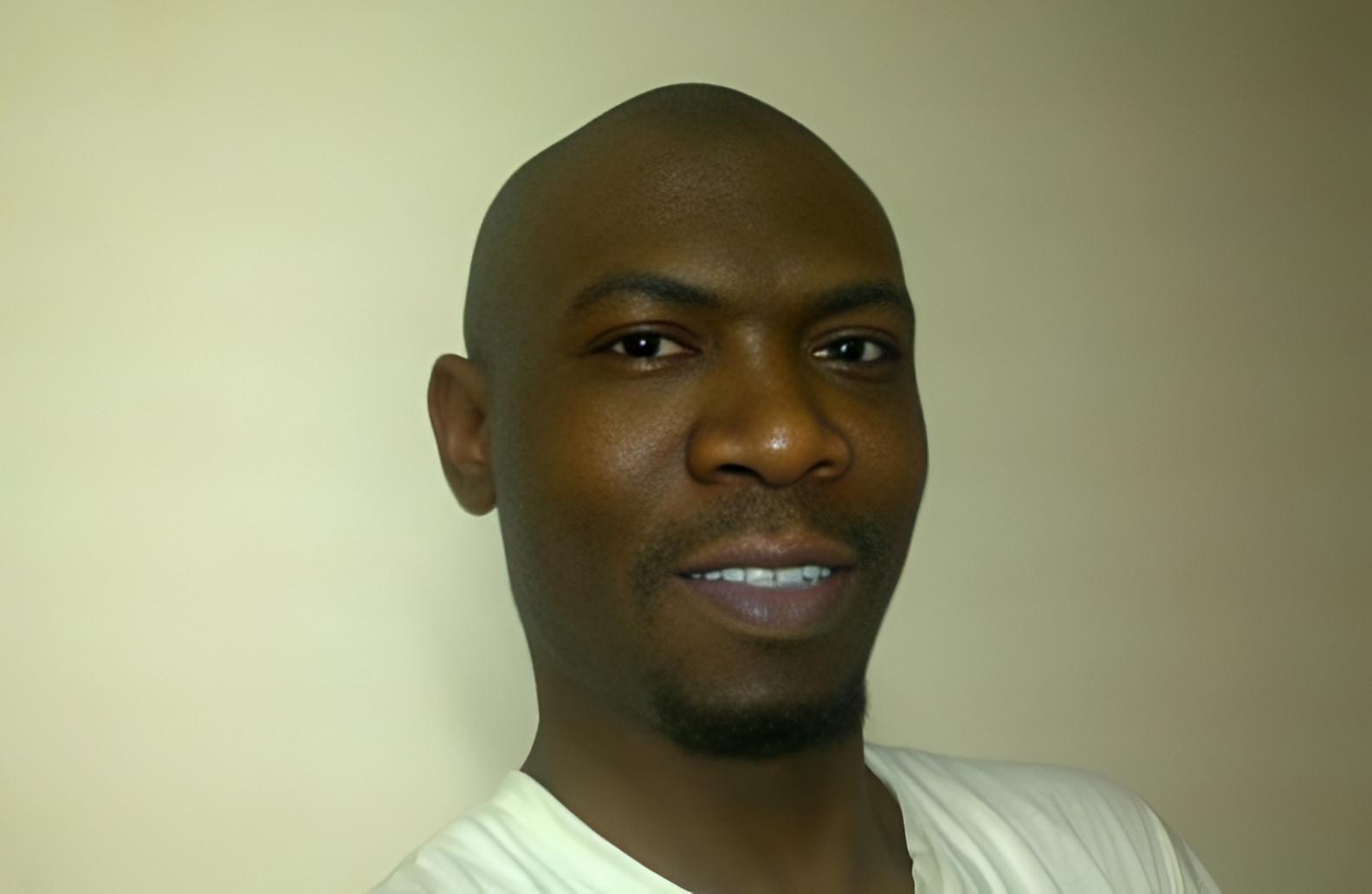Kenyan man on death row in Saudi Arabia released

Sing’oei confirmed that Munyakho was free as of 10 am, following the full satisfaction of a judicial decree issued by Saudi authorities.
Stephen Munyakho, a Kenyan man who had been on death row in Saudi Arabia, has been released after meeting all legal conditions, according to a statement by Foreign Affairs Principal Secretary Korir Sing’oei.
In the Tuesday update, Sing’oei confirmed that Munyakho was free as of 10 am, following the full satisfaction of a judicial decree issued by Saudi authorities.
The Kenyan Embassy in Riyadh also confirmed that Munyakho performed the Umra (minor pilgrimage) upon his release, marking his first act of freedom.
“Steve Abdukareem Munyakho, the Kenyan national who has been on death row in the Kingdom of Saudi Arabia, is free as at 10 am today pursuant to the full satisfaction of judicial decree,” read the PS’s statement.
“Our Mission in Riyadh has confirmed that Steve performed his Umra (minor pilgrimage) upon release. We shall provide further details regarding his arrival in the country. I commend all who have offered their support towards securing this outcome,” he added
Munyakho was convicted of manslaughter in 2013 following the death of Yemeni national Abdul Halim Mujahid Makrad Saleh.
The incident took place in April 2011, when Abdul died from stab wounds sustained during an altercation.
Initially, Munyakho was handed a five-year prison sentence. However, the victim’s family appealed the ruling, which led to an enhanced sentence of execution, with an option to pay 3.5 million Saudi riyals (Sh120.9 million) as blood money.
He has since spent 13 years in custody, held at both Dhaban Prison in Jeddah and Shimeisi Prison in Mecca.
Under Saudi law, victims' families may agree to accept “diya,” or blood money, in exchange for sparing the accused from execution in cases of unintentional death.
Under Islamic law, diyah compensates a victim or their family. It can be paid for a variety of crimes from murder to injury and damage to property.
Diya can lead to a reduction in sentence and in certain circumstances a pardon.
It is currently applied in about 20 countries in the Middle East and Africa, including Sudan and northern Nigeria.
The Quran supports the paying of blood money - and this was further clarified by the Prophet Muhammad, who explained in his teachings that the price for murder or manslaughter should be 100 camels.
Modern interpretations mean this amount differs in different countries as diyah is now usually paid in cash.
In March, the process to secure Munyakho’s release began after the victim’s family accepted a $1 million (Sh129.5 million) blood money settlement.
This followed confirmation by Supreme Council of Kenya Muslims (SUPKEM) National Chairman, Al-Haji Hassan Ole Naado, that the full amount had been paid by the Muslim World League, effectively saving Munyakho from execution.
The payment had been made a month earlier, after continued appeals and negotiations led by SUPKEM and other supporting partners.
Munyakho’s case began to draw attention after SUPKEM hosted top officials from the Muslim World League in Nairobi on August 13, 2024.
During the meeting, the organisation’s Secretary General, Dr. Mohamed AbdulKarim Alissa, was briefed on Munyakho’s situation and asked to intervene.
